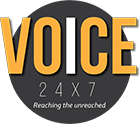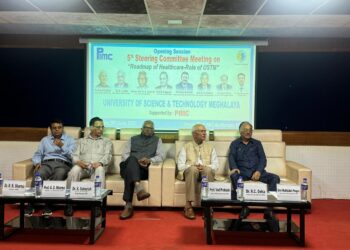According to a report in The Economic Times , the executive officer of Serum Institute Of India (SII), Adar Poonawalla, said on Thursday that the company has stopped manufacturing of Covishield vaccines in December 2021. Besides the total available stock during that time had already expired which was approximately around 100 million doses he further added.
While addressing to media on the sidelines of the Developing Countries Vaccine Manufacturers Network (DCVMN) annual general meeting on Thursday in Pune, Adar Poonawalla pointed out the reason being the lack of demand for booster vaccines among people. People are fed up of covid vaccines.
Additionally he said that it will take time to develop new vaccines against emerging sub-variants of Omicron. But however on a positive note, he mentioned that his firm has completed the trials for Covid vaccine “Covovax” as a booster dose and the approval is awaited within the next 10-15 days. The trials were completed the trials as part of the DCGI (regulator) requirement.
Adar Poonawalla further said that some vaccines are allowed to be mixed with others for booster doses, “Now Covovax should be allowed to be mixed soon in two weeks. So I think they will and should probably have the policy to mix boosters.”
He mentioned that Serum Institue’s vaccines are allowed to be mixed, and with time when people take a few shots every year, they might take anti-coronavirus vaccines and other shots together.
In April 2020, the SII had declared about its collaboration with Oxford University to produce the Covishield vaccine. Covishield vaccines was created using a master seed from Oxford University and AstraZeneca at the SII’s Pune laboratory.
The booster dose of the Covid vaccine was introduced additionally as a preacautionary dose in India in April 2022.
But initially the vaccine was available only at government vaccination facilities for frontline workers and people above the age of 60. Then it was made available for all eligible people aged above 18. But compared to the first two doses the booster dose was not free and was only made available through private facilities. People seemed reluctant to get themselves the booster dose . Moreover the decrease in the count of new infections was an add on for the reluctance.
The government then later opened up free booster doses for all above the age of 18, from July 15, for 75 days as part of the 75th Independence Day celebration. As a part of Azadi Ka Amrit Mahotsav, the union government had announced plans to provide booster doses of COVID vaccine free of cost in designated centres.
But despite of the efforts the free booster drive didn’t seem to be in demand among people and on September 30, the last day of closure of the 75-day free COVID booster vaccine window, reportedly around 27 per cent of the eligible population only had taken the booster dose .









